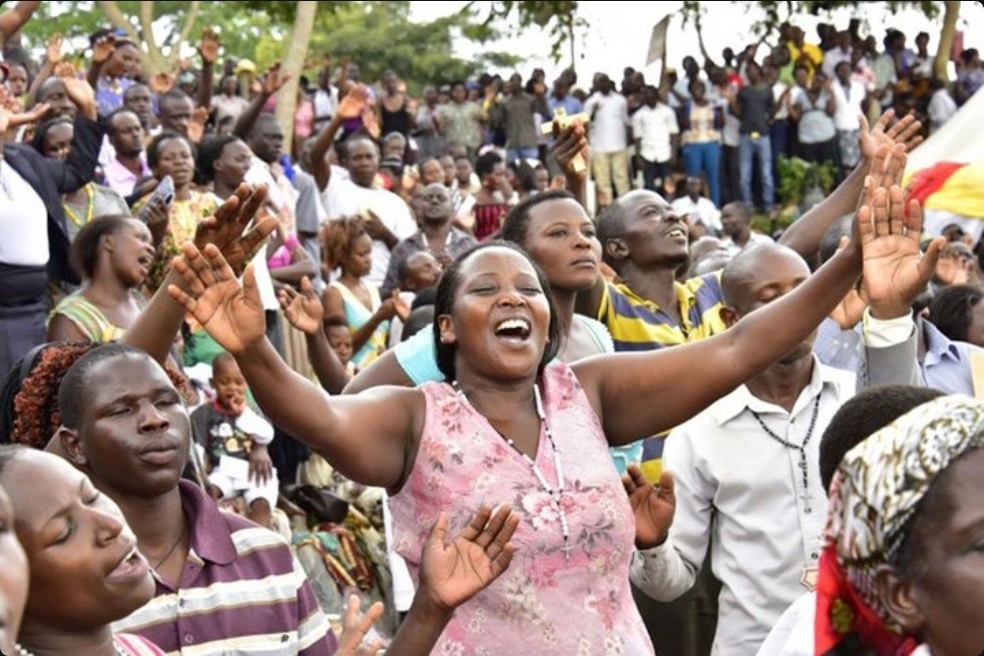Gov’t Finally Stops NGO Registration Requirement for Balokole Churches

There is excitement among Born-Again Christians across the country after the government officially stopped requiring their churches to register as Non-Governmental Organisations (NGOs).
In a letter dated July 9, 2025, Attorney General Kiryowa Kiwanuka reportedly directed the NGO Bureau and the Uganda Registration Services Bureau (URSB) to stop asking Pentecostal churches that only carry out spiritual work to register under the NGO Act.
“You should cease the demand that Pentecostal churches that carry out only spiritual activities register under the NGO Act, pending further guidance,” the Attorney General’s letter read.
This decision follows a meeting between Kiryowa and pastors representing Born-Again churches last year. According to him, he later briefed President Museveni on the matter and is now waiting for the President’s full guidance.
The letter was addressed to Pastor Robert Kayanja of Rubaga Miracle Centre and Bishop Josua Lwere, the former General Overseer of the National Fellowship of Born-Again Pentecostal Churches of Uganda (NFBPCU) and was also copied to several top government offices, including the Ministry of Internal Affairs, the NGO Board, and the Registrar General.
Pastor Kayanja welcomed the development and described it as a major breakthrough, saying it’s the greatest news the Born-Again fraternity has been waiting for in over 64 years.
“We thank President Museveni, the First Lady, and the Attorney General for keeping their word. Born-again churches now have full freedom of worship without any legal obstacles,” Kayanja said.
Other Born-Again leaders also expressed joy over the decision, saying it will allow churches to operate without being treated like profit-making organisations, urging that churches are not businesses so, they just wanted to serve God without restrictions.
Previously, Born-Again churches were required to register as NGOs and renew their operational licenses every few years, a process which involved submitting several documents, including land titles, tenancy agreements, resumes of pastors, inspection reports, and photos of church premises.
Many churches reportedly struggled with these demands and felt they were being treated unfairly, especially when traditional religious groups like the Catholic Church, Church of Uganda, and the Muslim faith were not required to follow the same rules.
With this new directive, churches that focus purely on spiritual work will no longer need to register under the NGO framework. However, the Attorney General said churches must now come together and form a legal body to guide their operations (just like the older churches have done over the years).
Government also clarified that church-run schools, hospitals, and charity foundations will still be expected to register under the relevant laws, such as those that govern NGOs and companies.
Church leaders say this decision brings to an end many years of uncertainty.
During past regimes (including that of former President Idi Amin) Pentecostal churches were restricted or banned. Amin’s 1973 decree only allowed four religions (Catholic, Anglican, Orthodox, and Islam) to operate. And now, many say this new government decision is a sign that Uganda has truly moved past those days.
Now that they are free from NGO regulations, Born-Again churches are expected to come together and build a strong legal framework to manage themselves, and pastors say they are ready to organize and ensure transparency, unity, and accountability within the faith



0 Comments